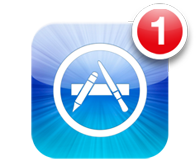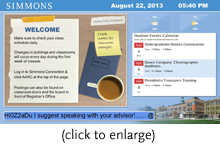 A recent article in The New York Times covered a widespread malware attack conducted through a web browser plug-in that hijacked people’s social media accounts and used those accounts to send spam on their behalf.
A recent article in The New York Times covered a widespread malware attack conducted through a web browser plug-in that hijacked people’s social media accounts and used those accounts to send spam on their behalf.
While attacks like these are unfortunate, they serve as useful reminders that the proliferation of apps, plug-ins, and add-ons, created by thousands of developers throughout the world, opens new channels for malware, viruses, and phishing attempts. Most apps and plug-ins available through trusted sources such as the iTunes Store or Google’s Chrome Web Store are free from harmful code, but it’s worthwhile to be cognizant of what you’re downloading and installing. You can do this by reading reviews from other customers and being mindful of what access you grant when installing software that integrates with your web browser or social media accounts.
Another important step is to keep your browser and apps up-to-date. While it’s easy to ignore those little app store reminders that updates are available, you should make an effort to install updates as often as possible. Frequently, updates include enhanced security features or fixes for recently discovered vulnerabilities.
Staying up-to-date will minimize your exposure to malicious software and help to keep your data safe.
